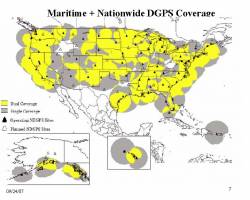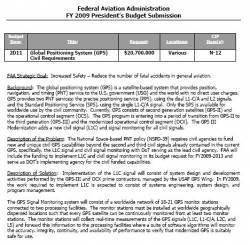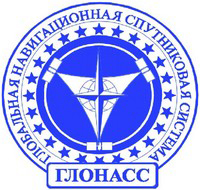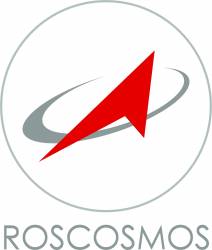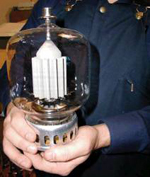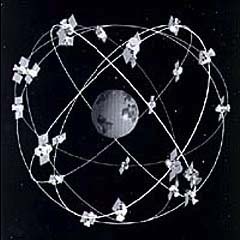ESA Creates Galileo Directorate, Appoints Oosterlinck
 René Oosterlinck, ESA Galileo Director
René Oosterlinck, ESA Galileo DirectorIn an April 15 meeting, the Council of the European Space Agency (ESA) has created a Galileo Directorate to accommodate the agency’s newly enhanced role in Europe’s GNSS program.
Acting on recommendations of ESA’s Director General Jean-Jacques Dordain, the council agreed to bring back René Oosterlinck, former head of the Navigation Department, to serve as the director of the Galileo program and navigation-related activities (D/GAL) through the end of 2010.
By Glen Gibbons


